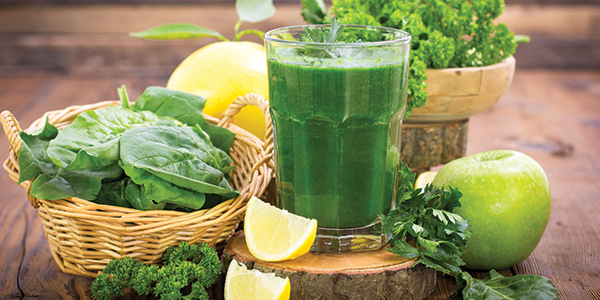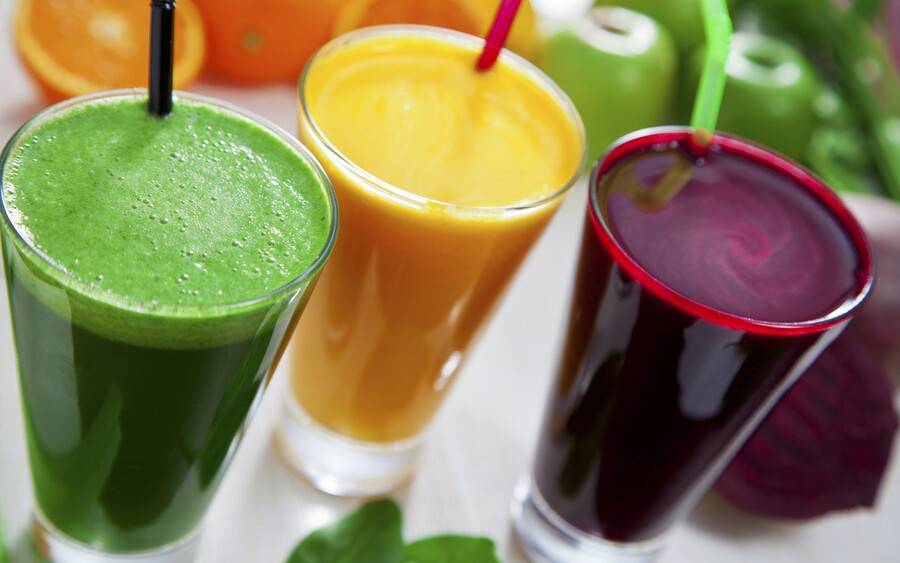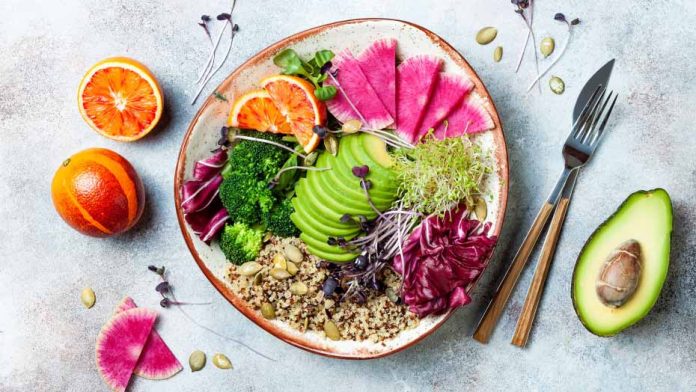In a world obsessed with quick fixes and instant health solutions, detox diets have gained immense popularity. From juice cleanses to water fasts, these diets promise to flush out toxins, promote weight loss, and boost overall health. But do they really work? Or are they just another fad with no scientific backing? Let’s dive into the facts and debunk the myths surrounding detox diets.
In This Article:
What Is a Detox Diet?
A detox diet typically involves consuming specific foods, juices, or liquids while avoiding processed foods, sugar, caffeine, and alcohol. Some detox diets also promote fasting or the use of herbal supplements to enhance toxin removal. The idea behind these diets is to cleanse the body, improve digestion, and enhance metabolism.
The Promises of Detox Diets
Proponents of detox diets claim that they:
- Eliminate harmful toxins from the body
- Aid in weight loss
- Improve digestion and gut health
- Boost energy levels
- Enhance skin clarity
While these benefits sound promising, it’s essential to analyze whether detox diets truly deliver on their claims.
The Science Behind Detoxification
The human body is naturally equipped with an efficient detoxification system—primarily the liver, kidneys, lungs, and skin. These organs work together to process and eliminate toxins through urine, sweat, and feces.

Medical experts argue that the body does not require external detox diets to function optimally. Instead, consuming a balanced diet rich in fiber, antioxidants, and essential nutrients supports the body’s natural detox processes.
The Downsides of Detox Diets
While detox diets are marketed as a health-boosting solution, they come with several drawbacks:
1. Lack of Scientific Evidence
There is little to no scientific proof that detox diets eliminate toxins more effectively than the body’s natural mechanisms. Many claims are anecdotal and not backed by medical research.
2. Nutrient Deficiencies
Most detox diets involve severe restrictions on food intake, leading to deficiencies in essential nutrients such as protein, healthy fats, and vitamins. Prolonged detox diets can result in fatigue, muscle loss, and weakened immunity.
3. Temporary Weight Loss
While detox diets may lead to initial weight loss, it is mostly due to water loss and calorie restriction rather than fat loss. Once normal eating resumes, lost weight is often regained.
4. Metabolic Slowdown
Fasting or consuming extremely low-calorie diets can slow down metabolism, making it harder to maintain long-term weight loss.
5. Digestive Issues
Some detox regimens, especially those relying on laxatives or diuretics, can cause bloating, diarrhea, and dehydration.

A Better Approach to Detoxing
Rather than following extreme detox diets, consider incorporating these natural and sustainable detox habits:
1. Stay Hydrated
Drinking enough water helps flush out toxins naturally and keeps your organs functioning optimally.
2. Eat Whole, Nutrient-Dense Foods
Incorporate fresh fruits, vegetables, lean proteins, whole grains, and healthy fats into your diet to support your body’s detoxification process.
3. Limit Processed Foods and Sugar
Reducing your intake of processed foods and added sugars helps minimize the toxin load on your body.
4. Exercise Regularly
Physical activity promotes circulation, sweating, and the efficient removal of waste products from the body.
5. Prioritize Sleep
Getting enough quality sleep allows the body to repair and detoxify itself effectively.
The Verdict: Yes or No to Detox Diets?
Detox diets may offer temporary benefits like reduced bloating and short-term weight loss, but they are not a sustainable or scientifically proven way to detoxify the body. Instead of restrictive diets, adopting a balanced lifestyle with nutritious foods, proper hydration, and regular exercise is the best way to support your body’s natural detox mechanisms.
If you’re considering a detox diet, consult a healthcare professional to ensure it aligns with your health goals. In the end, the best detox is a long-term commitment to a healthy lifestyle—not a quick-fix diet.
By – Jyothi
Also Read – Superfood Granola: How to Eat It for Maximum Benefits




